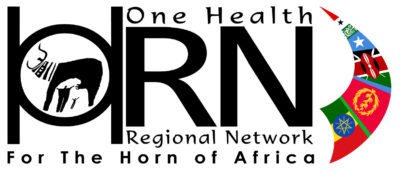The project aims to address the knowledge gap on the effect of COVID-19 and response measures on health, economic and social wellbeing of population in Health and Demographic Surveillance (HDSS) Sites in Ethiopia
The objectives are to:
- Determine household level morbidity rates and health seeking behaviour
- Determine maternity care service utilisation during the COVID-19 pandemic
- Assess health service utilisation pattern of the community for chronic health problems including TB, HIV/AIDS, Diabetes, Hypertension, Cancer
- Assess change in household income level and expenditure patterns during the COVID-19 pandemic
- Assess the changes in animal possession and management
- Assess changes in ways of social interaction during the pandemic
The study involves three HDSS sites – Butajira (Addis Ababa University), Gilgel Gibe (Jimma University) and Kilite Awlaelo (Mekelle University) – which cover 34 kebelles and a population of more than 200,000 people. The HDSS sites are an ideal platform for our longitudinal study having the necessary human resources, infrastructure and database for population dynamics, health service use and others.
We employed a longitudinal study design to determine the impact of the Pandemic and its response on health, economic and social wellbeing among the population under the follow up over the four waves (W1-W4), where wave 1 is a baseline study that deals with knowledge of compliance with – and feasibility of – health authority recommended COVID-19 preventions. This is already completed. A telephone based data will be collected in the consecutive waves (W2, W3, and W4) every three months to see the changes in the impact of the pandemic.
Currently, we have finalised the protocol and tool, and submitted to the respective local IRBs for approval. In addition, HDSS sites are translating the tool into the local language and agreements between the universities and the funder is underway.

